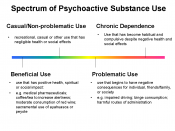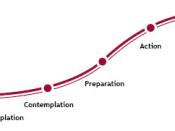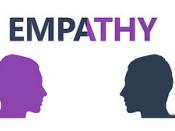Motivational Interviewing (MI) is defined as an instructive, client-centered style of therapy to bring forth change in conduct through assistance in the discovery, exploration, and ambivalence resolution. (Hettema, et.al., 2004). Being one of the most painstakingly defined and meticulously studied therapies in psychosocial substance abuse, MI is more concentrated and goal-oriented which is based on clinical theory and empirical evidences. This technique was originally conceptualized for drinkers but was soon adopted for a wide array of behaviors and population such as medicine use, eating disarray, smoking, mental health concerns, offender justice populations, and couples advises.
William Miller developed the concept of MI over the past two and a half decades using microskills techniques such as open-ended inquiry, corroboration, contemplation, and summary in order to raise the inherent stimulus for change through the use of highly emphatically compassionate but tactically directed conversation about the person's usage of substance and associated circumstances in life.
Likewise, effective strategies are utilized such as incongruity generation between a person's current behavior and his/her goals, values, self-perceptions, and proficient handling of challenges. (The Canadian Network of Substance Abuse and Allied Professionals, 2007)Health professionals engaged into MI must also possess certain characteristics like empathy, compassion, and authenticity for them to be able to bestow an idyllic ambiance of security and support to their patients. Health Canada (2002) outlines the acronym FRAMES to conceptualize the approach.. To wit:F- Feedback to clientsR - Responsibility for changeA - Advice on harm diminutionM - Menu on the stipulation of optionE - Empathy to clientS - Self-efficacy of clientPrinciples and PhilosophyThere are four key principles of motivational interview. To wit: express empathy, develop discrepancy, roll with resistance, and support self efficacy. To show empathy, the counselor has to listen, hear and understand the client's words and feedback the information back to the...


